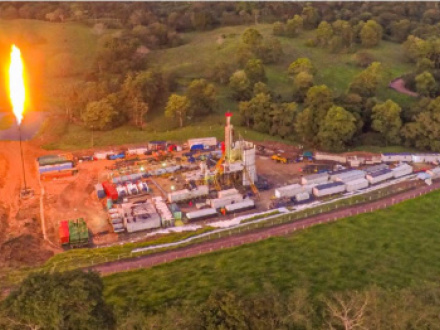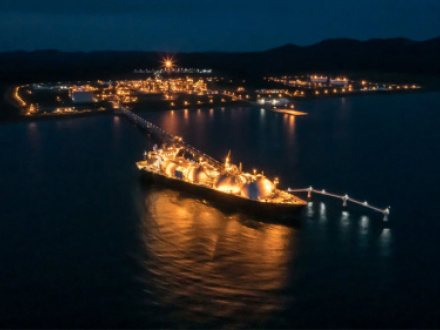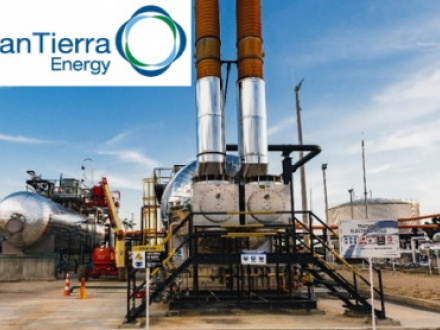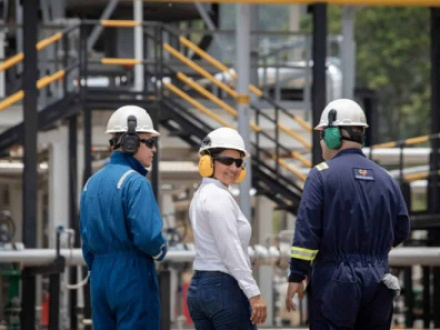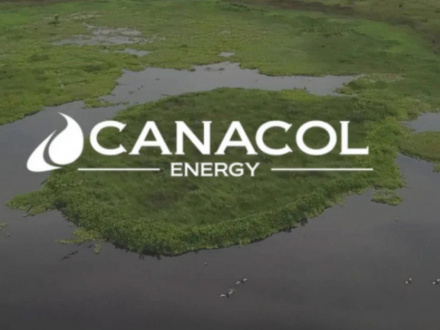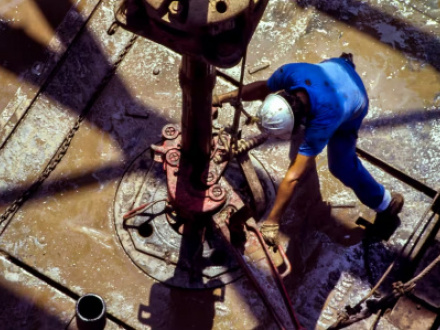5 Top IoT Solutions Impacting the Oil & Gas Industry
Global Startup Heat Map: 5 Top IoT Solutions for Oil & Gas
The 5 startups you will explore below are chosen based on our data-driven startup scouting approach, taking into account factors such as location, founding year, and relevance of technology, among others. This analysis is based on the Big Data & Artificial Intelligence (AI)-powered StartUs Insights Discovery Platform, covering over 1.3 million startups & scaleups globally.
The Global Startup Heat Map below highlights the 5 IoT startups & scaleups in oil & gas that our Innovation Researchers curated for this report. Moreover, you get insights into regions that observe a high startup activity and the global geographic distribution of the 229 companies we analyzed for this specific topic.
SCADACore – Industrial IoT-based Remote Monitoring
Supervisory Control and Data Acquisition (SCADA) is useful to monitor and control distributed processes. SCADA architectures combine with IoT architecture to deliver web services that enable robust supervisory control. SCADA-based IoT platforms further facilitate data visualization and remote monitoring. IoT platforms also integrate compatible hardware and software devices to enable real-time monitoring from anywhere at any time. This helps energy companies improve asset utilization while reducing downtime.
SCADACore is a Canadian scaleup providing SCADA-based industrial IoT solutions for operators, accountants, and engineers in the oil and gas industry. The startup’s patented real-time monitoring solution, SCADACore Live, features multi-line trending and alarm callouts, analyzes current and historical data, and offers round-the-clock device support. The solution also offers live insights on oil and gas applications such as surface casing vent tests and portable well testing. SCADACore further enables effective offset frac, tank level, regulatory, and artificial lift monitoring.
Codovia – Mobile Applications
Mobile applications revolutionize the oil and gas industry by enabling users to remotely monitor their assets, manage fuel, and derive insights into their operations and customer relationship management (CRM) systems. Moreover, mobile applications offer a global positioning system (GPS)- and geographic information system (GIS)-based tracking for supply chain collaboration. The solutions benefit energy companies by enabling real-time access to reliable and accurate information throughout their value chain.
British startup Codovia integrates IoT technology in the form of cloud-based mobile application solutions for monitoring and controlling, thereby automating operational tasks and processes. Moreover, Codovia’s AI-based solutions combine machine learning, natural language processing (NLP), image processing, big data services, and blockchain technologies. Together, the app allows users to receive real-time assistance in the form of notifications, reports, and graphs.
ThingsConnect – Smart Devices
Smart devices make use of connected wireless technology and support engineers to remotely monitor oil and gas facilities. These devices include widely-used smartphones, tablets, and wall-mounted screens. This technology helps process engineers receive real-time updates and alerts about refinery operations via smart devices. As a result, smart devices for the oil and gas sector improve overall efficiency, asset management, and productivity.
ThingsConnect is a US-based startup providing hardware solutions for connected devices as well as an IoT platform to process and analyze data. The startup designs printed circuit boards and connect smart devices with their IoT platform. ThingsConnect also offers blockchain consulting services using smart contracts and decentralized applications (DApps). For example, the cloud-based DApps and smart devices allow on-site engineers to read Near-Field Communication (NFC) tags, based on radio-frequency identification (RFID) standards to seamlessly track assets.
Amulet – Multi-Sensor Wearables
The oil and gas industry utilizes wearable devices in its daily operations to improve worker safety. For example, industrial-grade multi-sensor wearables detect gas leaks, temperature fluctuations, and pressure variations to warn operators in advance. Wearables further enable managers to record data in the workplace and optimize designs for safety and emergency response.
The US-based scaleup Amulet builds Scarab, a wearable that features 16 sensing solutions to help the workforce understand and act on invisible hazards. Scarab is ideal for use in any location, even in the pockets of the on-site personnel. A mobile app and a web mapping service notify staff in real-time when it detects any danger or abnormality. Further, Scarab records data and sends it to the cloud for detailed analytics to improve decision-making.
FourC – Machine-to-Machine (M2M) Communication
M2M communication typically requires sensors, RFID-enabled devices, WiFi, or cellular networks to communicate. This communication enables the collection, exchange, monitoring, and analysis of valuable energy data. For instance, M2M applications in the oil & gas industry enable predictive maintenance, real-time production, and asset monitoring. M2M communication, along with the IoT technology, reduces downtime, improves worker safety, and streamlines operating efficiency.
Norwegian scaleup FourC creates the distributed FourC Groovy M2M Device Platform for all types of remotely-managed software applications. FourC offers cloud-based database solutions and business logic functions to improve management and surveillance decision-making. The cloud system also supports devices that are not integrated into the FourC Groovy M2M Device Platform. The startup enables oil and gas companies to simultaneously monitor and manage device health data for multiple devices.
Fuente: Startus Insights
Etiquetas
Publicado por OIL CHANNEL
Noticias relacionadas
Por PhD Mario Fernando Zamora Santacruz Colombia, un país que durante más de cuatro décadas se enorgulleció de su autosuficiencia gasífera, enfrenta hoy... Leer más
Una red de denuncias judiciales y testimonios ha revelado presuntas irregularidades en la cesión de un contrato de explotación de gas en el Bloque Sinú-9, ubicado en... Leer más
Importaciones de petróleo de la India en julio, su nivel más bajo desde septiembre de 2023. Las importaciones de petróleo ruso de la India disminuyeron en julio tras un... Leer más
Gran Tierra Energy reportó un desempeño que considera sobresaliente y que estuvo marcado por un récord de producción de petróleo. Gran Tierra Energy Inc... Leer más
La Agencia Internacional de Energía (IEA) advirtió que el suministro mundial de petróleo aumentará más rápido de lo previsto en 2025 y 2026. El... Leer más
Parex Resources reafirmó su orientación corporativa para 2025, dejando su meta de producción entre 43.000 y 47.000 barriles de petróleo. La petrolera canadiense Parex... Leer más
Por PhD Mario Fernando Zamora Santacruz El panorama energético global se encuentra en una encrucijada marcada por la contradicción. Después de años de promesas... Leer más
La iniciativa ha sido rediseñada para convertirse en un pilar de la producción gasífera colombiana en los próximos años. En su más reciente conferencia... Leer más
Según el informe mensual de la OPEP, la demanda de oro negro debería aumentar en 1,3 millones de barriles diarios. La Organización de Países Exportadores de... Leer más





